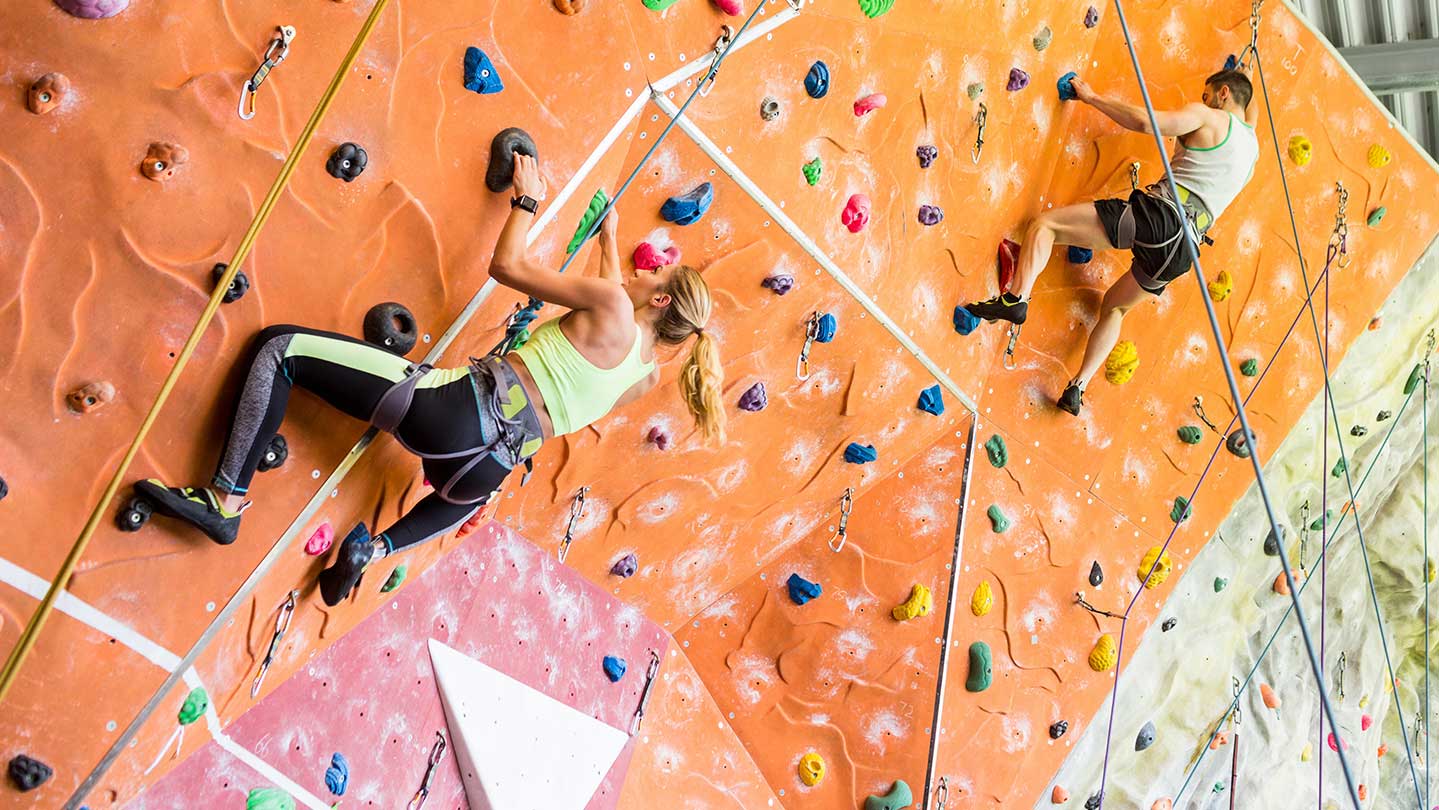By Jon Patton – February 2020
Mindful leaders who are motivated by the best interests of the people around them as well as the organization become more effective, while those who are self-centered are less so. The Secret Practice of Effective Leaders offers a practical recommendation for achieving the self-awareness that can transform the culture of an organization and strengthen relationships at home.

Mindfulness is an often-used expression these days. In our Stop At Nothing High Impact Leadership Seminar (HILS) courses, participants often share their experiences by telling us about past and present leaders who they consider to be self-aware and mindful. They invariably describe self-aware leaders as being consistent and purposeful in their behavior and tough, but in a caring way. These mindful leaders appear to be motivated by the best interests of the people around them as well as the organization, rather than themselves.
HILS participants contrast their encounters with self-aware leaders with their worst experiences dealing with reactive people who have a high level of unpredictability. Interestingly, leaders in this category could either be confrontational or conflict adverse. They may react from anger, or they may shy away from difficult conversations because of their personal discomfort. These leaders are self-centered where their views, feelings and interests are always near the surface. Even more concerning was the realization that these undesirable workplace behaviors manifested themselves, perhaps even more frequently, at home with their loved ones.
The effect of these two different management styles was significant. People were either at ease and felt permission to be themselves and offer opinions, or they felt as if they were walking on eggshells, challenged and stretched to be better or constantly judged. The bottom line is that mindful leaders motivate, focus energy and improve performance, while the less mindful leaders induced stress and fight/flight-based behavior from the people around them.
Despite these contrasting descriptions, our experience is that both sets of people are fundamentally good, both are under pressure and both want to do the best job possible. However, they are separated by their level of self-awareness and their ability to self-regulate.
Becoming More Effective
What if I told you that no matter where you are on the mindfulness scale there is one practice that allows you to convert your good intentions into actual changes in behavior that would make you even more effective, while building engagement, relationships, and creating a sense of personal liberation? How about that this practice works for everyone, and it requires you to invest just 10 to 30 minutes a day depending on how quickly you want to progress?
Some of you may realize where I am heading with this. Read on to find out specific details about what this practice will yield.
- More Peace of Mind: The practice is about being more in the present and having more peace of mind. This is where you can overcome your instinctive reactions to situations and have more access to purposeful choice. Often times we only pay scant attention to what we are doing right now, as our “in the moment attention” is focused on the next thing – only to repeat the pattern when we actually get to the next thing. The practice we are talking about will allow you to become more focused in dealing with business challenges and reap personal relationship rewards at work and with your loved ones by paying people more attention.
- Less Stress: We all experience stress as we go through our day. Our jobs are challenging, and things don’t always go the way we planned. These situations can bring out the worst in us. Even if we keep the “lid on it,” stress takes its toll on our health and our day to day energy. The practice we are referring to will introduce you to a healthy way to handle negative feelings such as anger, fear and frustration that are an inevitable part of life.
- Continued Self-Understanding and Improved Effectiveness: People are often harder on themselves than anybody else, and we are often our worst critics. The practice we are promoting allows you to start noticing the content of your mind, what neuroscientists called meta-cognition. You begin to see that there are patterns of thought among the endless chatter of your mind. This self-understanding allows you to begin breaking some of the unproductive patterns of the past.
So if you have not figured out what the practice is, the answer is meditation.
Maybe you have already found the benefits of meditation. As science validates the health and performance benefits, more and more people from all walks of life have incorporated meditation into their daily lives. One example is the experience of Greg Lyons, the CMO for PepsiCo and a client of Stop At Nothing, who told CNBC that his recently developed meditation practice helped him manage the enormous pressure of overseeing the development of PepsiCo’s advertising that are unleashed during the Superbowl.
For those of you that have not yet adopted the practice of meditation, we know from our own clients that people are naturally skeptical. Eventually they find that the only way forward is gaining the self-awareness to know they have a problem to address, keeping an open mind and receiving the positive re-enforcement that personal experience with the practice creates. The remaining ingredient is the “stickability” factor, which is required to turn a positive experience into a regular and sustainable technique.
We at Stop At Nothing have long used and recommended a meditation course called “How to Meditate Without Even Trying” to our clients, which was developed by a man called Peter Russell. It is a 5-week donation-based program and once your register, each week you will receive an audio file that you can download to your music library.
For those of you that want to give meditation a go but prefer options with less ambitious time investments, there are many good applications: Headspace, Calm, Serenity and Insight Timer. Roughly speaking they will cost you about $10 per month. A drop in the ocean given the benefits!
I realize that either way, initiating a meditation practice puts pressure on that scarce commodity of time. Abraham Lincoln once famously said, give me 6 hours to chop down a tree, and I would spend the first 4 hours sharpening the saw. This analogy applies here, and the relatively short time you devote here will play a large practical difference to your effectiveness, health, personal growth and well-being in all the other minutes of your day – yes, including your sleep!
I hope you will give meditation a try. Please let us know how it works for you.

